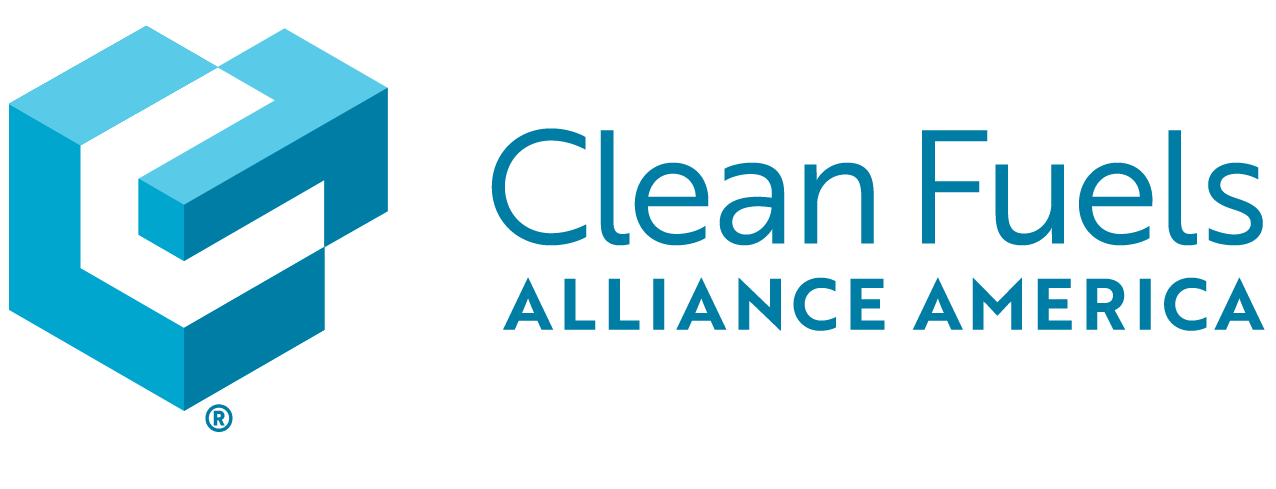Podcast Copy
Better. Cleaner. Now! Podcast
The newest podcast covering all aspects of the biodiesel, renewable diesel and sustainable aviation fuel industries is here! The Better. Cleaner. Now! Podcast provides a unique opportunity to dive deeper into the clean fuels industry and program managers’ expertise. Authentic conversations will feature the dynamic benefits of biodiesel, renewable diesel and sustainable aviation fuel. From enhanced performance and immediate cost savings to lower emissions, positive economic impact and improved air quality, the benefits keep growing. Episodes will feature third-party testimonials, insights from the experts and more. The Better. Cleaner. Now! Podcast drops a new episode every Wednesday and is available wherever you get your podcasts.
All Episodes
The Clean Fuels Conference connects key players of the biodiesel, renewable diesel and sustainable aviation fuel industry for one can’t-miss event. Director of Communications, Heather Buechter, is joined by Clean Fuels Conference Co-Directors Brad Shimmens and Jenna Rose to preview the expert sessions, exhibits and showcases at the Clean Fuels Conference in Ft. Worth, Texas, Feb. 5-8.
